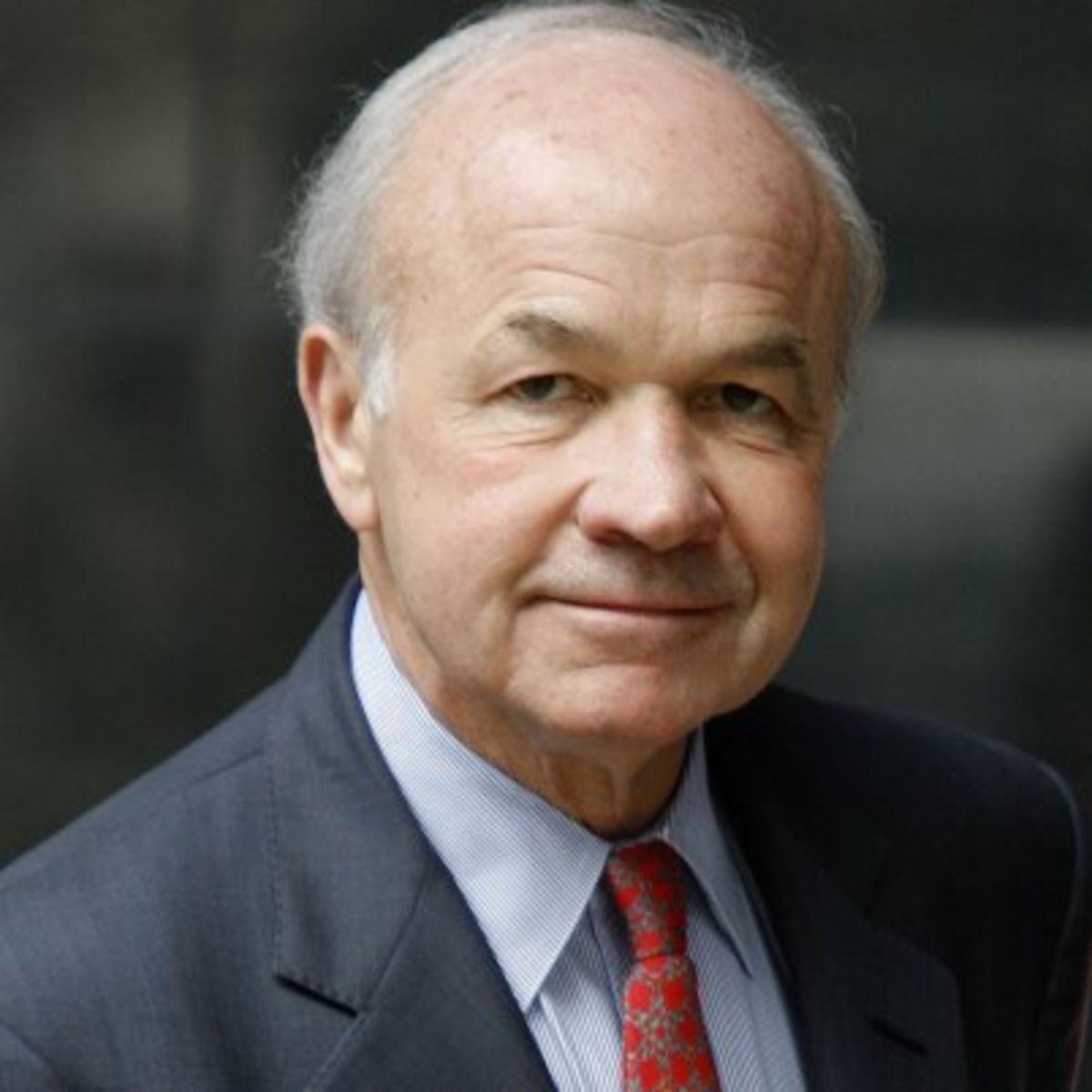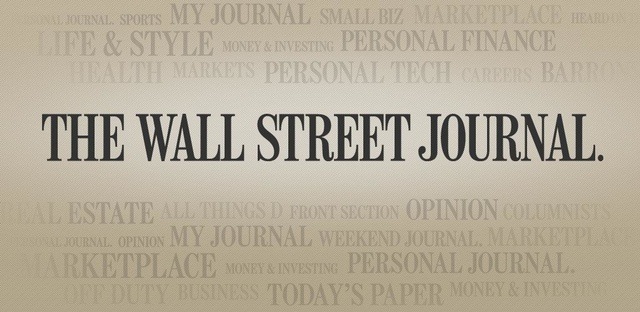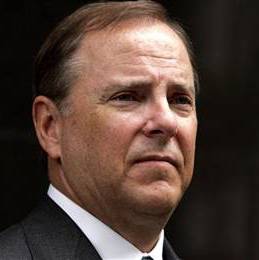 A common topic on this blog has been the power of anti-business myths within American society.
A common topic on this blog has been the power of anti-business myths within American society.
Take Enron, for example. The anti-business myth contended that that Enron — at one time one of the largest publicly-owned companies in the U.S. — was really just an elaborate financial house of cards that a massive conspiracy hid from innocent and unsuspecting investors and employees.
The Enron Myth is so widely accepted that otherwise intelligent people reject any notion of ambiguity or fair-minded analysis in addressing facts and issues that call the morality play into question. The primary dynamics by which the myth is perpetuated are scapegoating and resentment, which are common themes of almost every mainstream media report on Enron.
The mainstream media — always quick to embrace a simple morality play with innocent victims and dastardly villains — was not about to complicate the story by pointing out that the investors in Enron could have hedged their risk of loss by buying insurance quite similar to that which Enron developed in creating their wealth in the first place.
Instead of attempting to examine and tell the nuanced story about what really happened at Enron, much of the mainstream media simply became a part of the mob that ultimately contributed to the death of Ken Lay and hailed the barbaric 24 year sentence of Jeff Skilling. Ambitious prosecutors, given wide latitude to obtain convictions of key Enron executives regardless of the evidence, gladly took advantage of the firestorm of anti-Enron public opinion to lead the mob.
As noted in many subsequent posts here over the years, it is far more likely that the truth about Enron is that no massive conspiracy existed, that Skilling and Lay were not intending to mislead anyone and that the company was simply a highly-leveraged, trust-based business with a relatively low credit rating and a booming trading operation.
Although there is nothing inherently wrong with such a business model, it turned out it to be the wrong one to survive amidst choppy post-bubble, post-9/11 market conditions when the markets were spooked by revelations of the embezzlement of millions of dollars by Enron CFO Andy Fastow and a relative few of his minions.
The carnage of the Enron Myth is now piled high — the destruction of Arthur Andersen, the death of Lay, the outrageous prosecutorial misconduct involved in the case against Lay and Skilling, the senseless prosecution and imprisonment of the four Merrill Lynch executives in the Nigerian Barge case, Richard Causey, Chris Calger, Kevin Howard, Joe Hirko and the other Enron Broadband defendants — the list goes on and on.
In the wake of such destruction of careers and lives, the public is even less willing to confront the vacuity of the myth and the destructive dynamics by which it is perpetrated. indeed, even though what happened to Enron has now happened to Bear Stearns, Freddie and Fannie, Merrill Lynch, Lehman Brothers, AIG and any number of other trust-based businesses over the past two years, much of the public and the mainstream media still cling to the Enron Myth.
Attempting to challenge this enduring myth is a wonderful new resource — Ungagged.net: The Other Side of the Enron Story.
Created, funded and filmed by Beth Stier — who was the subject of prosecutorial misconduct as a non-party witness in the trial of the Enron Broadband case — Ungagged.net is a “webumentary.” That is, a website comprised of short modules of documentary-style content, organized into two main categories: “What It Was Like to Be on The Other Side of the Enron Story,” and “Behind the Scenes of The Other Side of the Enron Story.”
Ungagged.net currently features over a dozen relatives of defendants, attorneys, former Enron executives and employees telling their stories about what they experienced personally in dealing with the overwhelming governmental power and societal forces at work in the Enron saga. Moreover, six experts in economics, political science, finance, UK law and civil liberties — including Clear Thinkers favorites William Anderson and Harvey Silverglate — provide their views on the ominous implications that the government’s handling of the Enron case have on us all.
Ms. Stier continues to add new information to the site, the latest of which are dozens of snippets from fascinating interviews of David Bermingham and Gary Mulgrew, two of the NatWest Three bankers from England who were caught up in an international firestorm in connection with the Enron Task Force’s effort to turn Fastow and his right-hand man, Michael Kopper, into witnesses for the Task Force against Skilling and Lay. This series of interview modules paints an absolutely fascinating tale of three regular fellows from the U.K. having their lives, families and careers turned utterly upside down by governmental forces that viewed them as mere pawns in a much larger game.
Apart from the its egregious human toll and the serious abuse of state power that its promoters ignore, the Enron Myth’s devastating impact is that it obscures the true nature of investment risk and fuels the notion that investment loss results primarily from someone else’s misconduct. As Larry Ribstein has been asking for years, do we really want to be sending a message to investors that risk is bad when it often leads to valuable innovation and wealth creation?
For example, self-settled derivative prepay transactions are not particularly intuitive (no product actually changes hands) and are not well-understood outside the trading business. Nevertheless, such transactions provide the valuable benefit of hedging risk for companies, who pass along that benefit to consumers in the form of lower prices for their products and services.
Do we really want to allow prosecutors and regulators to paint such beneficial transactions as frauds and then manipulate the public’s ignorance to demonize innovative risk-takers who are attempting to create wealth? How does throwing creative and productive business executives such as Michael Milken and Jeff Skilling in prison do anything to educate investors about the true nature of risk and the importance of diversification and hedging?
Ungagged.net is currently a lonely voice in the wilderness advocating against such governmental overreach. Here’s hoping that voice grows louder as those of us who are concerned by the pernicious growth of abusive governmental power listen to the stories and observations contained in this valuable resource.
The trailer for the webumentary is below.

 Larry Ribstein notes
Larry Ribstein notes



 The New York Times’ Floyd Norris is still having
The New York Times’ Floyd Norris is still having 